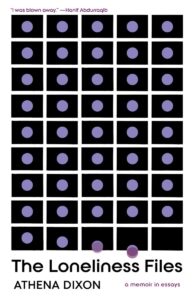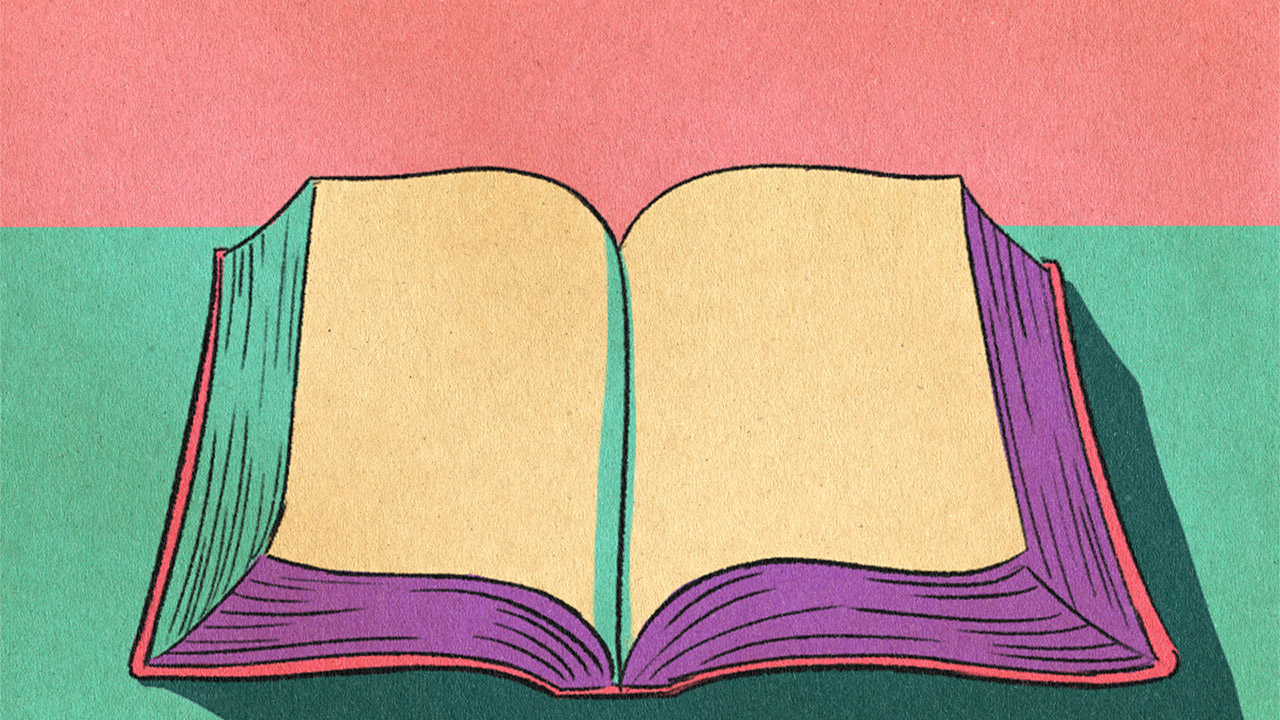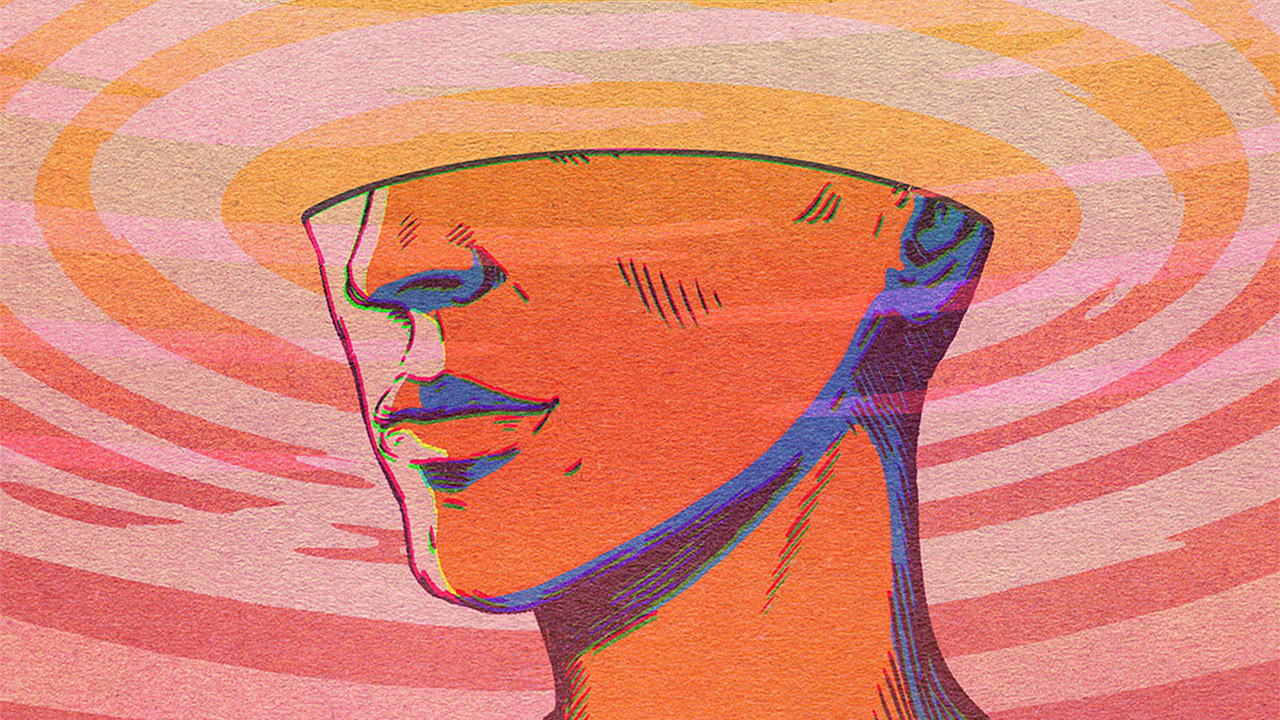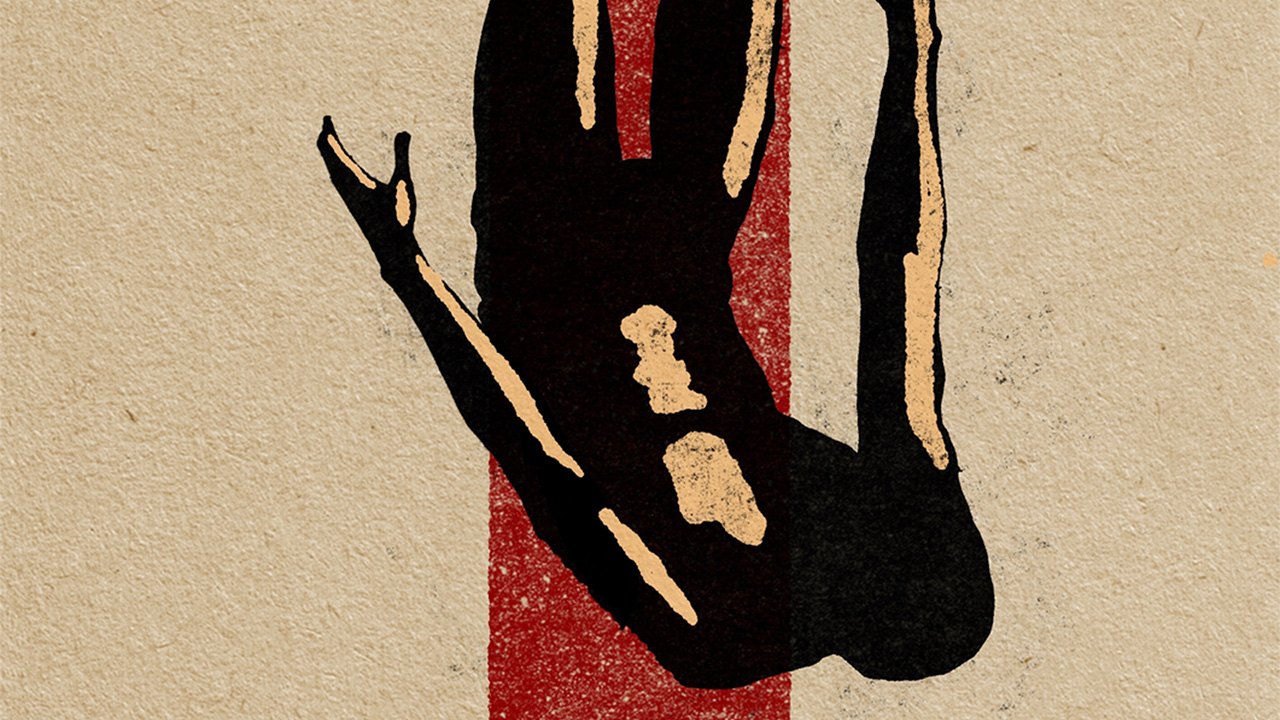This article originally appeared in our monthly email issue. Subscribe for full access to Common Good print and digital reads now for just $25 per year.
Americans are lonelier than ever. More than that, “we are lonelier than we realize,” Jeremy Linneman writes in “Why Do We Feel Lonely At Church,” a part of TGC’s Hard Questions series. “We likely don’t appreciate how much of our spiritual and emotional well-being has been disrupted by loneliness.”
We’re spending more and more time alone, the U.S. surgeon general’s office reported in May. More sinister, is an American individualism that prompts us to continue living this way — to believe not only that we can prefer solitude but that we can thrive by it.
To belong is to be connected, known, and loved, Linneman suggests. As Christians, “our union with Christ means profound, supernatural unity with one another, yet everything in our culture challenges this fellowship.” And this is where our individualism fails us: “A solitary life,” he writes, “accepts burdens we were never made to carry.”
Perhaps more than ever, we need each other. Inside the church and out.
If the antidote is connection, how do we find it? Even before the pandemic, for example, when given the opportunity, we often chose solitude over social interaction — from online shopping to the self-checkout at the grocery store. Perhaps we begin to choose the opposite.
A new memoir from Athena Dixon asks this, too. Loneliness, Dixon writes in The Loneliness Files, is a pain that drives you into shadow. For Dixon, combating this takes careful attention to those everyday decisions. Though Dixon’s context isn’t the American church, it is American life, and her essays hold eloquent portrayals of the most common and quiet feelings of loneliness. But most compelling, they resist a tragic end. Though her words may have readers diving deep into what it means to be lonely, they’re likely to resurface with practical ways forward. This book arrives at the right time, too, a timely reminder for the sake of our own communities at work or worship, that as we enter a season of shorter days and holidays, loneliness can become especially poignant.
Last week, Dixon talked with Common Good about what loneliness is, how writing (and reading) creates connection that lightens the burden, and how those ties that bind us create just what we need: a solid place to land.
You write that loneliness isn’t tragic, that it “just is.” What does this say about loneliness and how you experience it?
I think loneliness has become, in some ways, ingrained into our daily lives, so I think that it’s something that we experience that sometimes we don’t put words to because it’s easy to get lost in the shuffle whether that’s commuting or working or taking care of family and friends. It’s not until you have the time to slow down and think about it that the feeling comes in.
In a world where we have this assumed connection all the time — in the way that social media can be a false sense of connection to some degree — I think that loneliness, and that isolation and disconnect, can become a default position for many of us. In that sense, it’s a real decision to battle against it.
Are we more at risk for loneliness now than ever before? Or at risk of isolation?
One of the things that I really started to think about as I was writing was this idea of hyper independence — the need to be able to take care of all things all the time for yourself, to not really lean into community or into familial and friendship spaces as a way to connect to the world. I think that there’s a real danger of continuing to float into our individual lives, only barely touching each other in certain situations.
Sometimes loneliness can get conflated with being tired or being exhausted or just needing a little bit of “me time.” Because our lives move so quickly, I think people often don’t really pay attention to those deeper feelings, or how that disconnect can build over a couple of weeks or months or years based on decisions you’ve made.
Is there an opposite to loneliness? What does pursuing that look like?
Loneliness, in some ways, is necessary. I don’t think it’s a wholly bad thing, so I don’t know if there’s an opposite to it. There might be weeks or months that you need that time alone, and that’s okay. But when you realize that the feeling is out of your control, what can you do to bring it back to a better balance between the need to be alone versus being lonely?
For me, confronting loneliness is really reflecting on the decisions that I’m making on a daily or weekly basis that make me feel disconnected and isolated, but it’s something that took small steps to get to. I was getting to a point where I recognized that I wasn’t okay with always being alone, and I started by finding ways to step outside of that. It was finding a therapist that I could talk to. It was making a more conscious effort to reach out to my family.
In one chapter you share some journal entries on loneliness in the midst of it. It’s one of those things that a lot of people can relate to but would be reluctant to share. Can you tell me about your decision to include it? How might readers receive it?
I hope that readers receive the book as a voice for things that they may be feeling. A fundamental thing that I think about when I write is that I want to be able to write for people just like myself, those who feel like sometimes what they feel may not be loud enough to share with the world. Loneliness is a very common thing, but it’s difficult to write about and difficult to explain when everybody is (technically) connected at all times.
My hope would be that people feel seen in what I’m writing. If my sharing journal entries or other things in my work will help to give space and time to have conversation, then I’ve done what I need to do.
For people who really don’t read memoir, or who may not read personal essay, sometimes memoirs aren’t necessarily about the person who’s writing them, but more about how you enter the story, in ways you may not have considered before. For example, you may have never heard of hikikomori or the minister of loneliness in Japan, but that may spark something in you to explore your own story.
Is there a particularly special part of your story here?
I feel most strongly connected to the last section where I talk about going home and reconnecting with the family that I kind of floated away from in my move to Philadelphia. And I hope that people will be able to look at that section and really think: Are there any connections or relationships that they want to tap back into before it’s too late?
Living alone has shown me that I have a strength that’s a lot greater than what I thought I had. But the downside to that is wanting to come home and have someone to share that excitement with. It’s not having the ability to see my family and friends consistently.
My grandmother, for example, was a very faithful woman and raised my mother and my aunts and uncles as such. And it was this foundation that built her faith and how she raised her children and the strength of her community and the strength of her family. I think part of that yearning to go back home is because of that. It’s missing the comfort of that, missing the familiarity.
I think that’s my hope, that people find a way to restore connections they may have been neglecting over time.
You talk about the word “sonder.” What does it mean, and why does it stay with you?
Sonder was a word coined by a writer named John Koenig. And essentially, it’s the idea that everyone we see, everyone in passing, has a very rich inner life that we’ll never be privy to, especially if you’re just someone passing on the street. It’s this idea that there’s this sprawling connection of life that exists around us, but we just never see it because our touches with each other are so fleeting. I always thought it was beautiful. A person might just be in the background of your story, but they have a whole rich life outside of that brief moment in yours.
It’s important to think about sonder because it’s easy to be caught in our own bubbles, our own little lives that we don’t realize the ripple effect or the impact that we can have on others, that whether it be you being kind to someone that has a ripple effect, even if that person just passing you on the street and you say hello to them or you smile at them, that could change the course of their day, or if you frown at them or you say something rude to them that could change the course of their day.
This interview has been edited for clarity and brevity.






